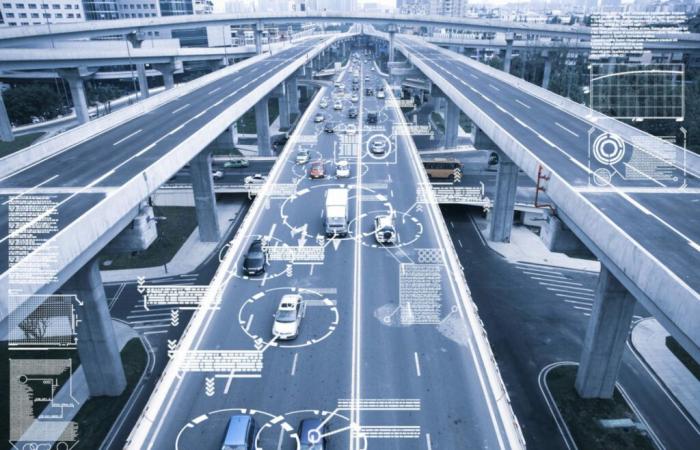Although we have almost autonomous trucks, engines that update while driving and electronic logging devices, trucking has a long way to go from a technological point of view, particularly in LTL, the specialty of the Morneau Group.
I'm talking here about data management, electronic transfer, automation. Elements on which the future of LTL rests, but on which we still have work to do, especially if we compare ourselves to the courier industry for example.
Unfortunately, we can say that, in this aspect, the transport industry is slow to change.
At Morneau, we have invested millions in technology. We acquired our first transportation management system (TMS) in 2000. Carriers are not only evaluated on how they will deliver goods, but increasingly on their ability to have impeccable data insight.
Currently, the information technology department works hand in hand with the operational department. They are equally important in helping us achieve our vision of the future.
All this requires a lot of technological investment. Let's not forget that we are in a very low margin, extremely competitive industry, and it is difficult for an asset-based trucking company to invest heavily in technology.
Making travel assignments is one thing, but taking orders directly on the computer, ensuring complete monitoring of the transport movement for 24 hours, receiving continuous follow-ups like in the world of messaging, it is another.
There are carriers who always want to invest in technology, but they must ensure that shippers are willing to follow. The work must be done on both sides, hand in hand.
As for me, a trucking company will not be able to survive if technology and data are not a priority, if we do not automate our processes with our customers much more, Artificial intelligence must enter the equation so that we can analyze the data. But including AI requires significant investment. Some consultants even talk about investing a minimum of 3% to 5% of your turnover in artificial intelligence if you want to survive in the future. We must first make a profit if we want to be able to reinvest adequately! Care must also be taken to structure the data and clean it otherwise the AI will not work.
If, in the field of road transport, companies do not have a TMS, if they enter information by hand, if dispatchers do not use the TMS in an impeccable manner[1]cable and homogeneous everywhere, if the staff is not trained, these companies will have difficulty performing in the competitive context of today and even more competitive tomorrow.
The technological transition and effective data management in the LTL field must take place. Even today, in 2024, truckers leave customer facilities with a stack of paper bills of lading in their hands. This is not normal! Shippers and carriers alike must work together to integrate data transfer, APIs, EDI so that processes run automatically.
Unfortunately, transportation is still seen as the necessary evil at the end of the supply chain. How can we change this perception? One element is becoming more effective and efficient through the use of data and automation.






